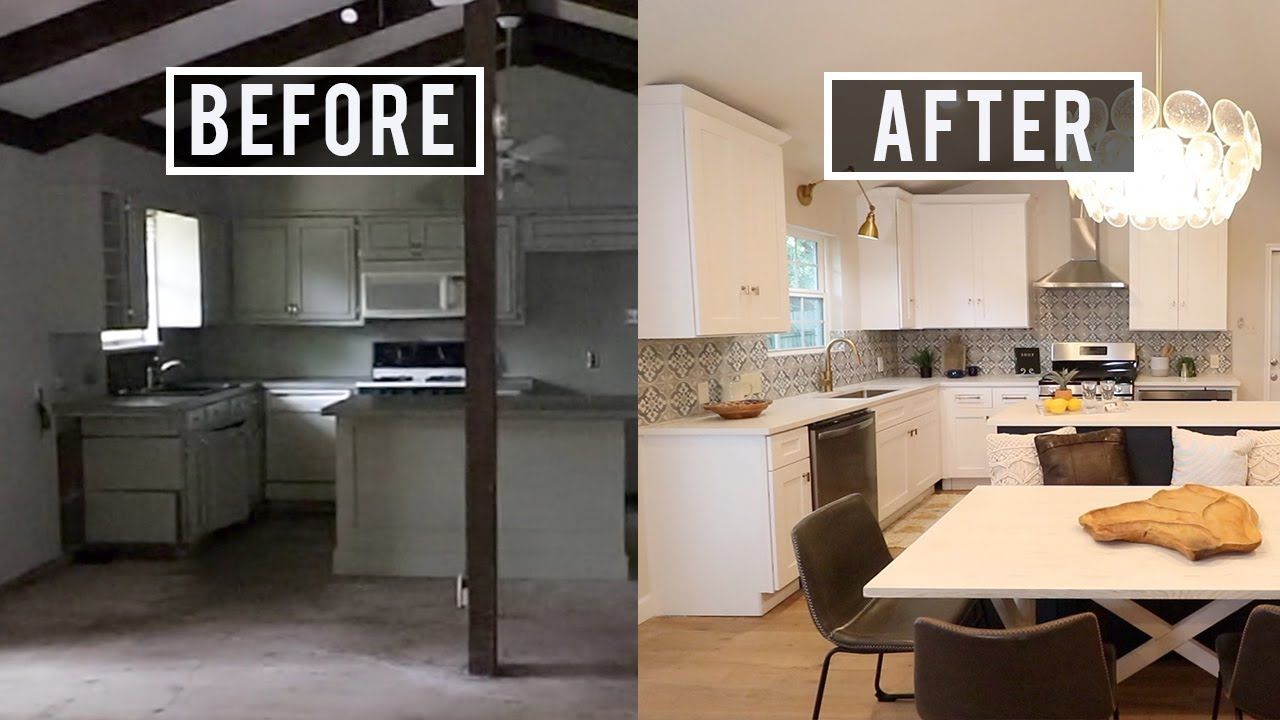What are the 5 stages of home renovation?
Home renovation is an exciting and rewarding process that can transform your living space into a dream home. Whether you are planning to undertake a minor renovation or a major overhaul, the renovation process typically follows a set of stages. In this article, we will explore the 5 stages of home renovation and provide insights into what you can expect at each stage.
Stage 1: Planning and Design
The first stage of any renovation project is planning and design. This involves identifying what you want to achieve from the renovation, setting a budget, and working with a designer or architect to create a detailed plan. During this stage, it is important to consider factors such as the layout, functionality, and aesthetic appeal of your home.
You will also need to obtain necessary permits from your local government and hire contractors for the project. The planning and design stage is critical to the success of your renovation, as it ensures that your vision is properly conveyed to the contractors and all aspects of the project are considered.
Stage 2: Demolition
Once the planning and design stage is complete, the demolition stage begins. This involves removing any existing structures, fixtures, and materials that are no longer required. Demolition can be a messy and noisy process, so it is important to take necessary precautions to protect your home and minimize disruptions.
During the demolition stage, your contractor will remove walls, flooring, cabinets, and any other features that need to be replaced. This is also a good time to identify any potential issues, such as water damage or structural problems, that may need to be addressed before the renovation can proceed.
Stage 3: Structural Work
The next stage is structural work, which involves any modifications or additions to the framework of your home. This may include reinforcing the foundation, framing new walls, or installing new support beams. Structural work is important to ensure the safety and stability of your home, and it typically requires a high level of expertise.
During this stage, your contractor will work closely with the designer or architect to ensure that all changes are aligned with the original plan. It is important to have regular inspections and approvals from local authorities to ensure that the work is done correctly.
Stage 4: Installation and Finishing
The installation and finishing stage is when your renovation starts to take shape. This stage involves installing new fixtures, appliances, and finishes, such as flooring, countertops, and lighting. It also involves painting and decorating your newly renovated space to give it the desired look and feel.
During this stage, your contractor will coordinate with suppliers and installers to ensure that everything is done according to plan. This stage can be time-consuming, as it involves careful attention to detail, but it is also one of the most rewarding stages as you start to see your renovation come to life.
Stage 5: Final Touches and Clean-Up
The final stage of your renovation is the finishing touches and clean-up. This involves making any final adjustments to your home, such as adding accessories or rearranging furniture. It also involves cleaning up any debris or waste left over from the renovation.
During this stage, your contractor will conduct a final inspection to ensure that everything is up to standard and that all work has been completed to your satisfaction. Once everything is finalized, you can enjoy your newly renovated home and appreciate the hard work that has gone into making your dream a reality.
In conclusion, home renovation can be a complex and time-consuming process, but it is also a rewarding one. By following the 5 stages of home renovation, you can ensure that your renovation is completed successfully and that you end up with the home of your dreams.

